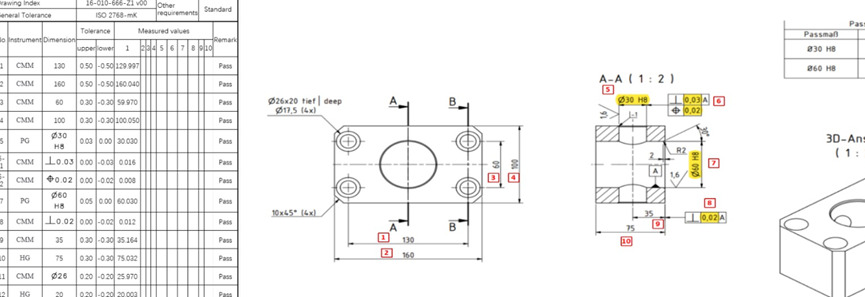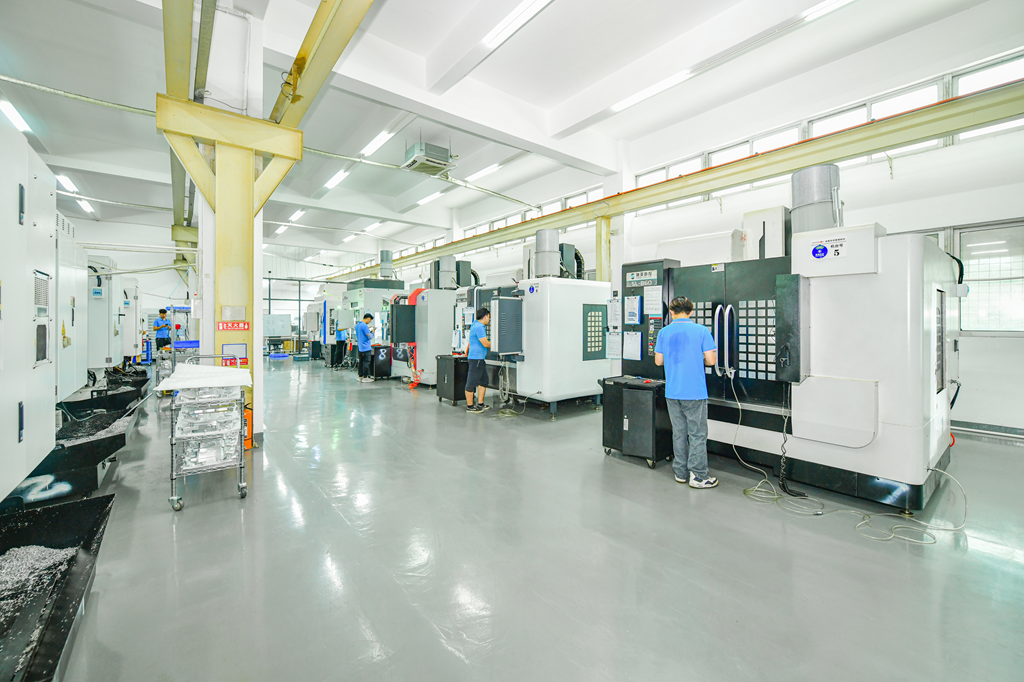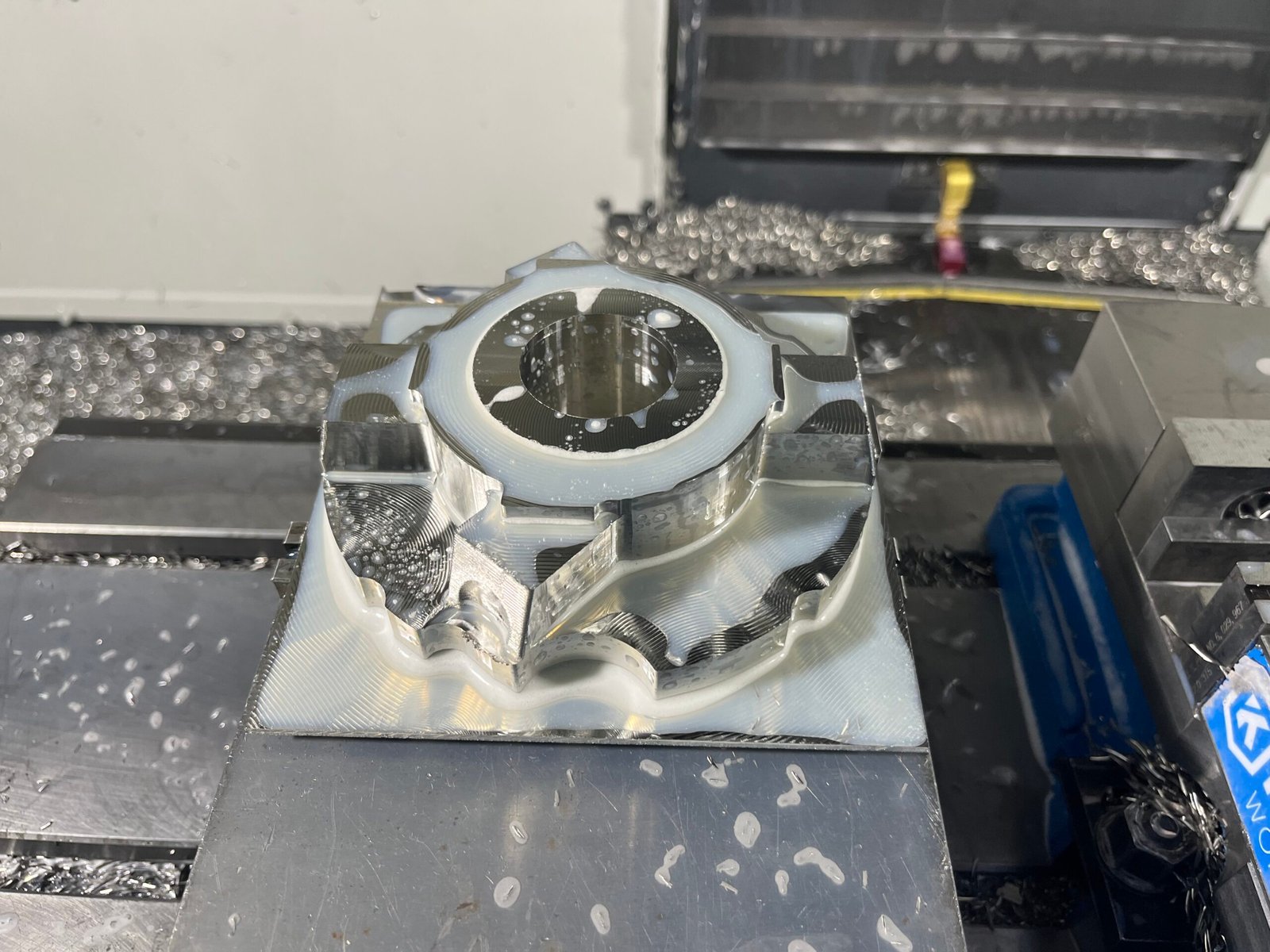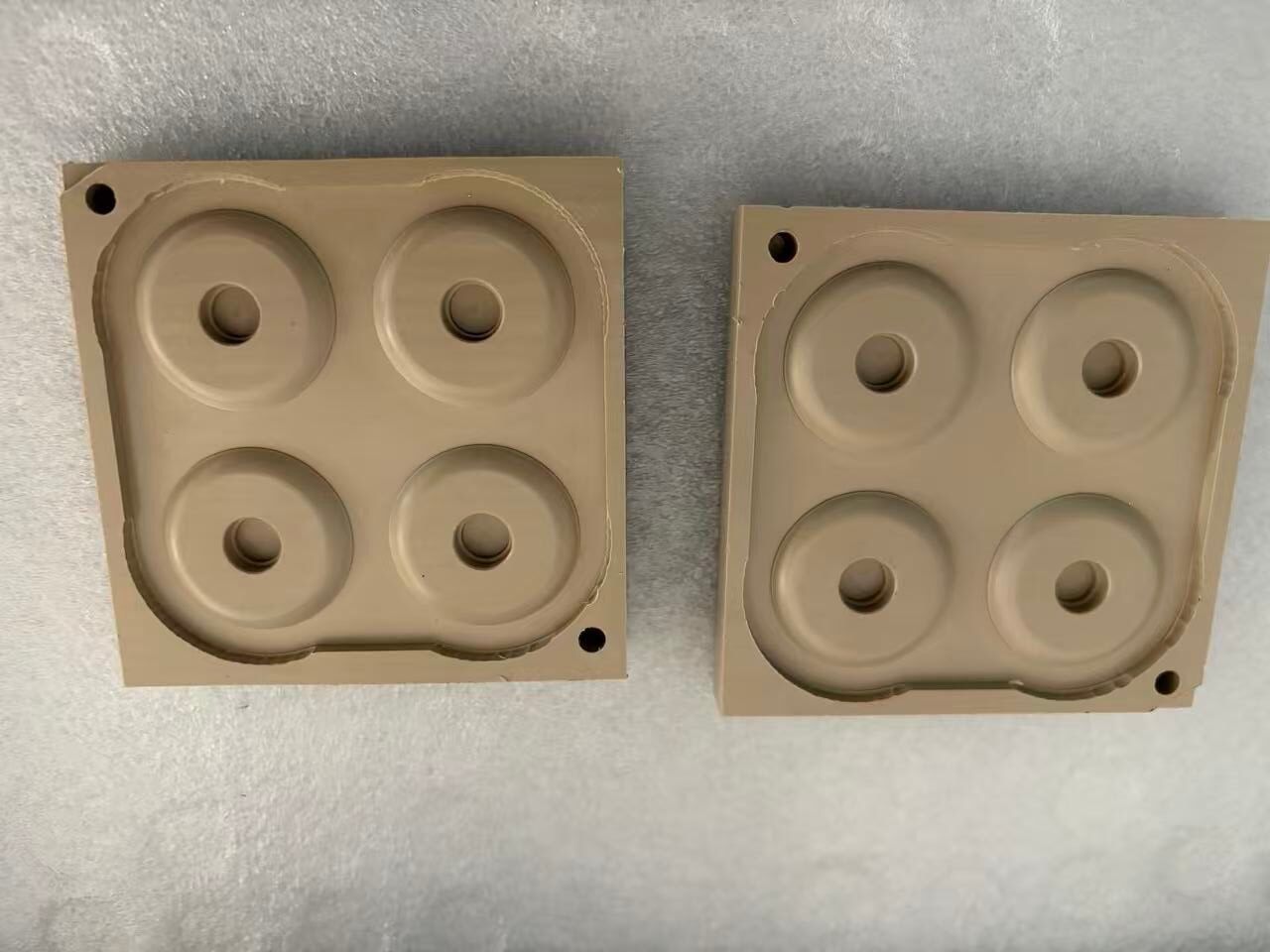The constantly changing market needs have necessitated faster and more accurate fabrication of products. CNC machine shops are a product of this industrial revolution. A CNC machine shop continuously advances and invests in technologies to achieve the highest efficiency in manufacturing products. They provide CNC machining services to various businesses for different applications.
This guide gives detailed information about everything you need to know about Samshion CNC workshop and how to find the right partner for your manufacturing projects.
What is a CNC Machine Shop?

A CNC machine shop is a specialized facility or building where CNC machining operations occur. A machine shop can be a massive standalone shop or a section of a larger factory dedicated to meeting the needs and demands of customers. It houses various CNC machines used in machining different simple and complex parts using subtractive techniques.
The machine shop uses materials such as plastic, metals, composites, wood, etc., to form different custom parts using various machining processes. Several industries, including automotive, aerospace, medical, military, and many more, depend on CNC machine shops due to their vast on-demand manufacturing capabilities.
What Will You Find in Samshion’s CNC WorkShop?
1. CNC Milling Machine
A CNC mill is one of the most versatile machines you will find in Samshion CNC workshop. This machine is commonly used in subtractive machining operations. The milling machine uses a rotating cutting tool to remove material from different materials. The machines have varying milling cutters featuring 3-, 4-, 5-axis configurations. As a result, the milling machine can execute varying cuts from threading to roughing.
2. CNC Lathe Machine
Generally, a lathe is a machine operated manually by a machinist. However, CNC (computer numerically controlled) lathes are commonly used in a CNC machining shop. It works oppositely as a milling machine. When using a lathe, the workpiece material rotates while the cutting tool moves around the workpiece in a linear pattern making designated cuts. These CNC lathes are often used for grooving, facing, knurling, and sanding operations.
3. Grinding Machine
A grinding machine uses a high-quality grinding abrasive wheel made of small hard particles to shave off small layers of materials and form a very precise dimension with great or mirror-like surface finishes. Such operations are used for high-precision parts and it is recommended to use them only for tolerances IT 6 or higher. They are costly and take up time.
4. Drill Press
It is a mounted drill type with precise movement and is often controlled by a lever. A drill press is more stable and powerful than handheld drills. Although the drill press works similarly to a regular press, it can be used for different manufacturing operations besides drilling holes.
5. EDM Equipment
Electrical discharge machining equipment is used in a machining process that uses electrical current to erode or vaporize particles from the surface of a workpiece material. The EDM process is an ideal solution for machining hardened pieces because it does not involve the application of force on the parts.
6. Surface Finishing Tools
When the parts are complete, you sometimes need to get additional properties. Such as mirror-like surface finishes, colors, glossiness, or smoothness. All of them require special treatment so a good CNC machine shop usually has at least a small set of post-processing equipment. Some CNC shop manufacturers also offer polishing, bead blasting, and anodizing services.
7. Bandsaw
A bandsaw is a multipurpose cutting machine for making straight cuts in a workpiece. CNC machine shops use the bandsaw to process raw materials into smaller pieces before further cutting. Generally, CNC machine shops receive long bars and slabs that require certain cutting operations before machining. Machinists often use the bandsaw in such situations.
8. 3D Scanner
Machinists move the 3D scanner around the workpiece to capture its different parts and provide its 3D model. With this model, manufacturers can quickly tell whether a workpiece is compatible with a machining process. The process usually takes 3-4 minutes.
9. Coordinate Measuring Machine (CMM)
A coordinate measuring machine is a fundamental tool in achieving high-quality results. It helps to measure the geometry of parts to ensure that the machined parts meet the original dimensional requirements. CNC machining workshops need to confirm dimensions and tolerances together with other properties. Hence, a coordinate measuring machine is vital to ensuring the accuracy of almost any geometry.

10. Micrometer and Pin Gauges
The micrometer is also an effective precision measurement tool. Manufacturers often use the micrometer to measure different dimensions, such as the machined part’s thickness, length, and depth. It is versatile and more reliable than most measuring tools. On the other hand, pin gauges are ideal tools for inspecting the diameters and tolerances of small holes in a workpiece.
Quality Control and Inspection Process
After browsing the prototype manufacturing machine,We can also share our control process. At Samshion, quality is never treated as an afterthought—it is deeply integrated into every stage of the production process. To ensure the accuracy and reliability of our products, we adhere to a comprehensive and rigorous inspection workflow, combining industry standards with our strict internal procedures to safeguard product quality.
First Article Inspection (FAI)
For every new prototype development or production task, the First Article Inspection is a crucial first step. This stage acts as a strong safeguard before mass production begins, ensuring that the initial product fully meets all specified dimensional requirements and functional standards. Only after the first article passes inspection can production move forward, effectively eliminating the risk of large-scale quality issues from the outset.
Production Routing Card
Each order is accompanied by a detailed production process card. This document functions as a “navigation map” of the manufacturing process, precisely tracking the entire workflow. From raw material input to finished product output, every step is clearly defined and assigned to specific operators or inspectors. In this way, we establish a robust accountability system, ensuring every stage has a responsible person and achieving complete process traceability—allowing any issues to be quickly located and resolved.
Unique Product Identification
To ensure precise management of every prototype or part, each is assigned a specific product number. This unique identifier acts as the product’s “ID card,” directly linked to the corresponding quality inspection sheet. With this identification system, we can easily track and review the product’s quality history, enabling fast, accurate, and efficient quality tracing both during production and after delivery.

Measurement Protocol and Visual Documentation
For each prototype, we develop a detailed measurement plan and take detailed photographs of the finished part. This plan documents critical dimensions, tolerances, and surface conditions, providing customers with a quantitative basis for evaluating product quality. Detailed photographs clearly and intuitively depict the product’s appearance and accompanying dimensional data. These documents form a complete quality record, providing valuable reference for future part quality analysis and improvement.
Customer Verification Before Shipment
Once products have passed all internal inspections, we do not immediately arrange shipment. Instead, we compile all inspection documents—including detailed measurement reports, inspection sheets, and product photos—into a digital file and share it promptly with the customer for final confirmation. Only after the customer approves the product quality do we proceed with packaging and shipping. This process reflects our respect for customer input and gives them the opportunity to participate in quality assurance, ensuring that the delivered products fully meet their expectations.
By choosing Samshion, customers can rest assured that every shipped part has undergone rigorous verification, detailed documentation, and formal customer approval—minimizing defects and ensuring a high-quality, zero-defect product experience.
Final Thoughts
If you are looking for a reliable manufacturer to partner with, Samshion is the ideal choice for your manufacturing projects. We are a professional and trusted provider of rapid prototyping and manufacturing services, committed to delivering quality, precision, and cost-effectiveness for any volume of machined parts. And No MOQ!
Please send us an inquiry, we can also provide free DFM consultation!



